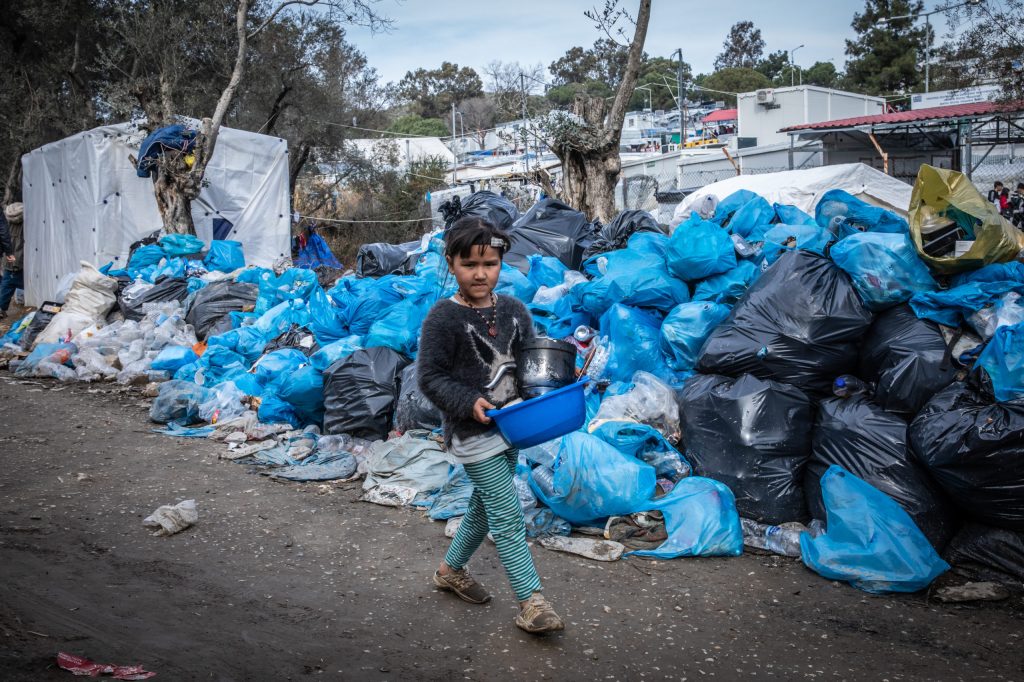We arrived to a former army airfield, and the first thing we saw was a children’s playpark, something that none of us expected. As we began a quick tour, it was clear that the children were the life and soul of the camp – and often a source of much entertainment. We began our designated tasks, including building beds frames, distributing them and fridges to families, and decorating the bathroom containers with the help of some of those living on the camp. Throughout our time heard stories from many of the families and their plans for the future.
The experience that stood out most to me involved a former Art teacher who had fled from Syria, and had sent his family ahead to Germany. He did not speak any English, but was focused on learning German with the intention of finding work when he joins his family. He was quite stern for our first few interactions, but as he painted his face softened, and it seemed to bring him peace.
On our last day, half of the group helped teaching English and First Aid at a refugee centre in the city, with families who had been moved into more permanent accommodation. While the conditions in the camp and centre we visited were reasonably comfortable – in comparison to others we had heard about – we were aware of the hurt and trauma that so many of them had experienced to get that far. What gave us hope as we left, was the optimism and plans each family and individual had, and that their journey was not yet finished.
By Megan Monaghan 
Megan has just completed her Social Anthropology degree at Queen’s University, Belfast. She met our UK partner, Agapé Student Life at Queen’s when they invited her to take part in a survey about faith on campus.

